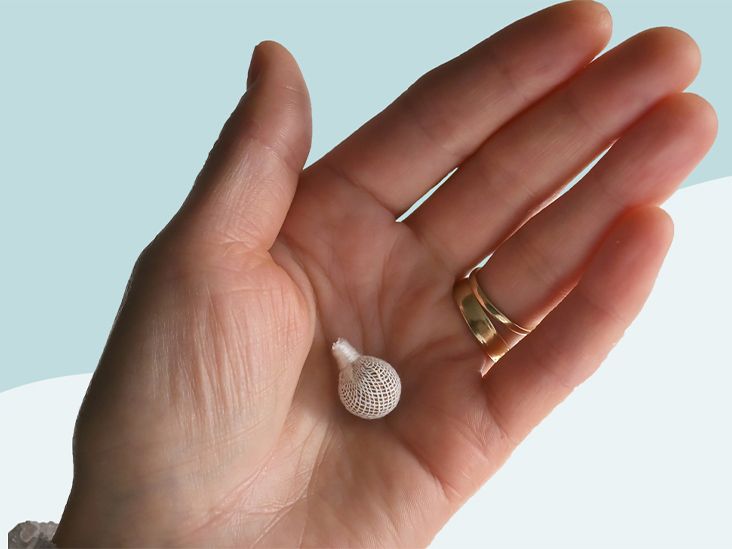We’ve all been there — one day you’re going about your business when suddenly you notice something wrong. Maybe you start to feel sick or find a tick bite on your leg. You could be infected with something; an internet search only confirms your worst fears.
Luckily, if your doctor isn’t free, there’s no need to wait — you can self-test. Here are six health concerns you can test for at home to get the answers you need.
Table of Contents
COVID-19 Infection and Antibodies
Many COVID tests are done as part of health protocols regardless of the patient’s symptoms. It’s simply necessary to prevent another uncontrollable spread, even with the advent of powerful vaccines. Because of the need to keep potentially infected people socially distanced, at-home COVID antigen tests are virtually ubiquitous in their availability. You can find one at many local pharmacies, use it yourself at home, and receive results in 45 minutes.
The downside of these common antigen tests is that their results are not as accurate as those of PCR tests. Still, they can be up to 98.5% accurate depending on your result, and are recommended for possible carriers. Self-administrable PCR tests are also finally beginning to be available for use as well as antibody tests. While they cost more and results take longer, you can be even more confident in their accuracy.
STI Infection
In the case of an STI infection, the quicker you are to detect it, the quicker you can lessen the effect of symptoms. When getting a doctor’s appointment is impossible, there are plenty of ways to take advantage of at-home STI testing. Commonly, kits will test for multiple types of infection (such as herpes, HIV, gonorrhea, etc.) for the patient’s convenience. While the tests aren’t instant and must be sent to the lab, the process is still quicker than the alternative.
At-home STI tests are also a good choice for those who want to take care of their health with discretion. STIs are common and nothing to be ashamed of, but it’s natural to want some privacy. Testing yourself can clue you into your condition and help you decide how to proceed with treatment. It can also be less invasive, as some in-office testing methods may cause some discomfort.
Hormone Levels
Knowing your hormone levels is important whether you have a history of imbalance or want to familiarize yourself with them. These tests will measure multiple different types of hormones depending on the kit. They can clarify things like your fertility and thyroid function as well as general health and sex hormone levels. If your family has a history of issues with hormones, this is a great way to know where you stand.

Hormone results are also sent into a lab for processing. So it can take a few days to get the results. Depending on what kind of testing kits you’re looking to use, they can also be quite expensive. Still, this data is exceptionally important for you to understand and maintain your health status. Although it can be found in your doctor’s reports, it is far more convenient to take a dedicated test.
Vitamin Levels
Sometimes the lack of a certain vitamin can have an unexpected impact on the quality of your daily life. Muscle pain, for example, can be a common sign of a vitamin D deficiency as well as bone weakness. These problems often go unnoticed but can lead to fitness and sturdiness problems down the line. With a simple finger prick, you can test yourself to decide on supplements you’ll need to take. Most vitamin supplements can be purchased over the counter.
Many people have vitamin deficiencies; the most common are iron, vitamin D, and vitamin B. Thankfully, these symptoms are quite rare, only begin to show at an advanced age, and/or are low impact. If you monitor them. you’ll have a clearer idea of why you have issues such as fatigue or extremity pain. An at-home test is the perfect opportunity to put these issues in focus and take care of your health.
Heart Health
Self tests for heart health can make life a lot easier if you have a family history of heart conditions. Instead of going to the doctor for cholesterol checks, you can do it from home without stress. A lot of the time, test kits are covered by insurance as well. These tests are also more straightforward, so if you have issues understanding test results, this is the way to go.
Heart health tests will generally measure the levels of certain substances that can be used to summarize your heart’s condition. They include “good” and “bad” cholesterol levels as well as blood sugar and fat. Supplemented with an accurate self-measuring of your heart rate, you’ll be able to have a better idea of your condition. You’ll be able to have exactly what you need to know to improve your heart health on your own.
Lyme Disease
If you’ve ever gone hiking, then you surely know the protocols regarding ticks and other insects. It’s common practice to wear long socks and pants, apply bug spray, and check yourself thoroughly afterward. Sometimes, the little creatures slip by, and you can get infected anyway. Fortunately you can use an at-home Lyme disease test to see if they’ve done any damage.
These tests vary based on the kit, but usually search for one of two things: Lyme disease bacteria or antibodies. This can confirm that you have the disease or at least that you may have in the past. If you live in a nature-filled area, it might be worth looking into taking an at-home test on occasion. It is better to get tested than to live unaware of the symptoms.
Sometimes things happen that leave you exposed to infection or other health issues. You might not know what kinds of pathogens you’ve been exposed to or deficiencies you have. If you have reason to worry, it’s better to be safe and get tested sooner rather than wait. With one of these tests, you’ll have accurate peace of mind just when you need it the most.













